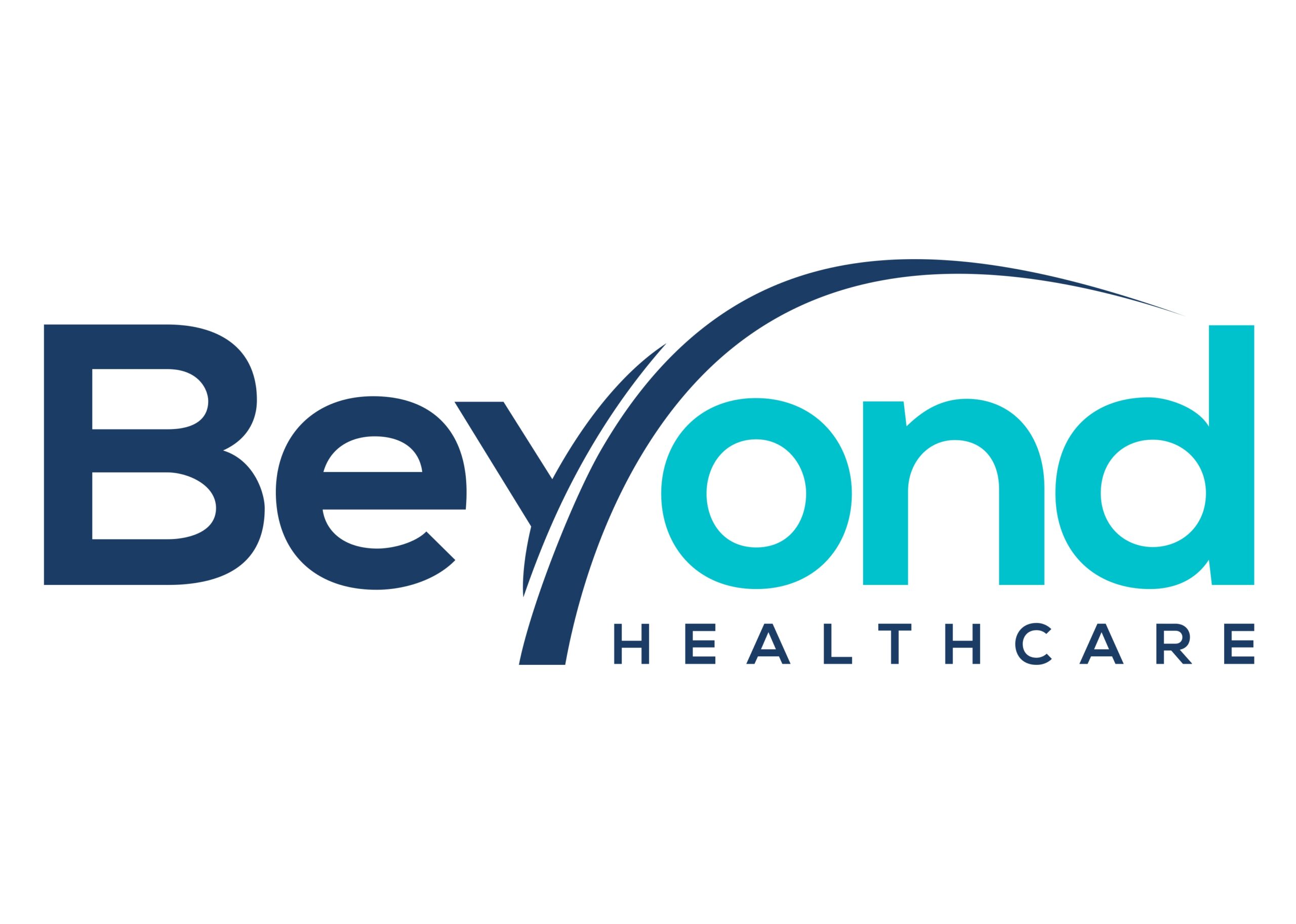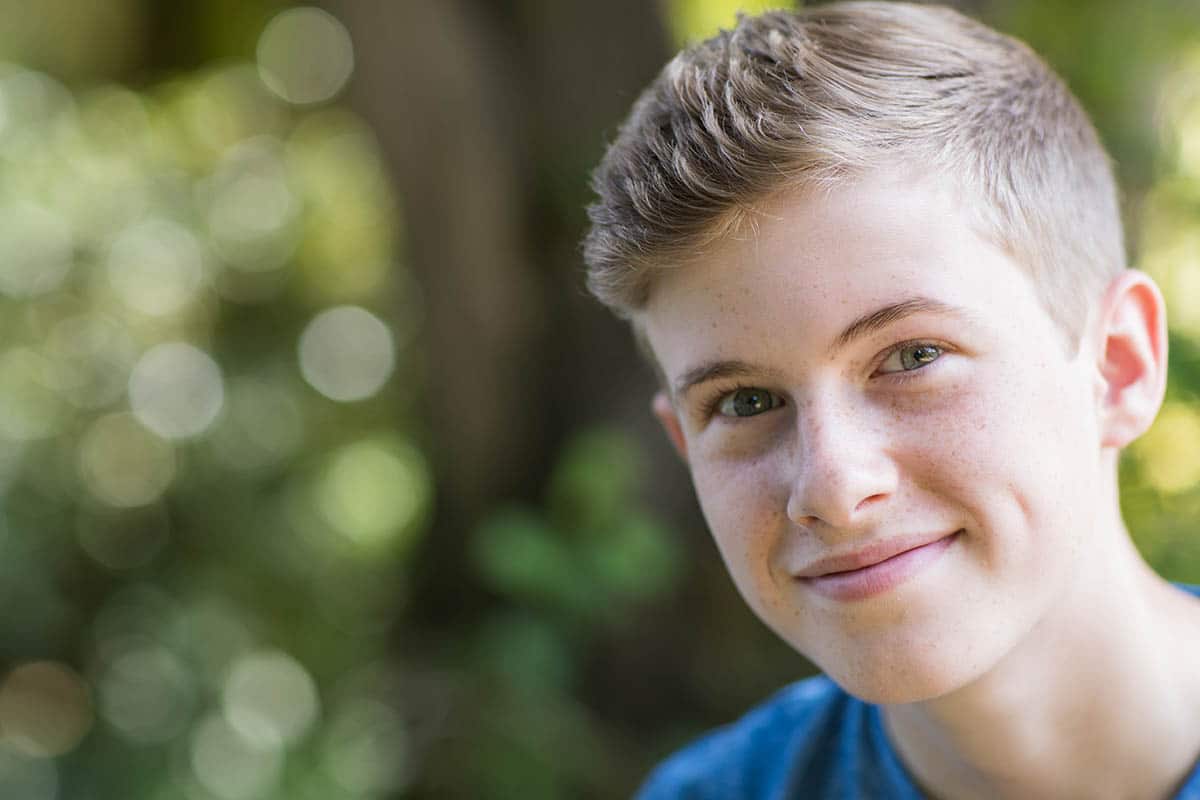As a parent, it can be difficult to know what kind of mental health services to seek out for your teen. You want what is best for them, but with so many different options and terms, it can be hard to know where to start. If you are considering dialectical behavior therapy (DBT) for your teen, this blog is for you.
Beyond Healthcare provides dialectical behavior therapy options to teens and families struggling with adolescent mental health challenges. Our group and individual sessions are designed to help teens develop skills and strategies that they can use in their everyday lives. We focus on helping them accept themselves, identify and change maladaptive behaviors, regulate emotions, and practice mindfulness. We believe that all teens have the potential to build a successful future. Learn more about our dialectical behavior therapy options by calling 833.698.0453.
What Is DBT?
Dialectical behavior therapy is a type of cognitive-behavioral therapy that focuses on helping people change patterns of thinking and behaving that are not effective. The goal is to help people develop skills to cope with difficult situations in a more positive way.
The Benefits of DBT for Teens
Teens who participate in dialectical behavior therapy can learn skills to deal with intense emotions, impulsive behaviors, and relationship problems. They can learn how to better manage their time and set goals. Studies have shown that teens who participate in dialectical behavior therapy benefit through:
- Fewer psychiatric hospitalizations – DBT can lead to reduced anxiety, fewer behavioral problems, and improved self-esteem.
- Improved social functioning – DBT can help teens learn how to effectively manage relationships with friends and family members.
- Healthier coping strategies – Teens can learn healthy ways to cope with stress and difficult emotions rather than turning to destructive behaviors like substance abuse or self-harm.
- Improved academic performance – DBT can help teens develop the skills they need to stay organized, prioritize tasks, and complete assignments.
- Improved relationships with family and friends – By helping teens better understand and manage their emotions, DBT can help strengthen family relationships.
There are several long-term benefits that can stem from dialectical behavior therapy as well. By managing mental health symptoms early in life, your teen can have the ability to cope better when they experience challenges as they age.
What Happens During Dialectical Behavior Therapy?
During dialectical behavior therapy, teens will meet with a therapist individually and in group sessions. They will learn about the concepts of mindfulness, distress tolerance, interpersonal effectiveness, and emotion regulation. They will also practice these skills in sessions so that they can use them in their everyday lives.
DBT Is Part of a Full Treatment Program
While dialectical behavior therapy can be an effective treatment on its own, it is often most successful when used as part of a comprehensive treatment plan that includes medication management, individual therapy, family counseling, and other services as needed.
Dialectical Behavior Therapy Options for Teens at Beyond Healthcare
At Beyond Healthcare, we offer both individual and group dialectical behavior therapy for teens. We also offer intensive outpatient programs that include dialectical behavior therapy as part of a comprehensive treatment plan.
Our dialectical behavior therapy options also provide the opportunity for your family to begin healing. With educational family therapy sessions, you and your teen can work together to strengthen the bond between you. Plus, you’ll be able to better understand what is happening in your child’s life and how they perceive your own actions.
If you are interested in learning more about dialectical behavior therapy, please contact us online or by calling 833.698.0453. We’d be happy to answer any questions you have and discuss how we can help your family find relief from mental health struggles.


